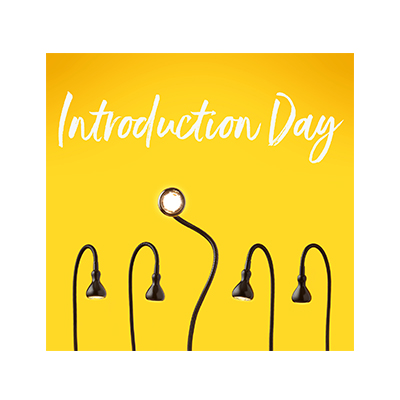 An excerpt from Michelle’s full article, which originally appeared in Elle Decoration Magazine
An excerpt from Michelle’s full article, which originally appeared in Elle Decoration Magazine
“For myself, the push to sign up for the Hoffman Process was simply a steadily increasing feeling that all was not quite as it could be. Change felt required but the trouble was, I wasn’t sure what it was that needed to change. And while I’ve always been committed to the notion of self-evolution, I can honestly say that this eight-day residential course (I did it in Seaford, East Sussex, but it’s available in 13 countries around the world) was the most intense emotional journey I have ever put myself through.
From the moment you cross the threshold you hand over your phones, books and electronic devices, progressively letting go of everything you hitherto assumed defined you. In short, the Process seemed to me to be a carefully structured method of forensically cross-examining yourself, your parents and the dynamics within your family, followed by a regression of sorts back through childhood in order to jettison any baggage you no longer wish to carry, thus unlocking negative emotions and releasing potential.
The real killer, though, was while all of us have stuff we know about on the surface, say a tendency to get wound up by certain types of people, or hurts that we know we haven’t made peace with, we all bury a lot too. Ways of being that are so deeply ingrained in our psyche, we don’t even recognise that they are learned behaviours. So, just when you think you’re done, with any ‘issues’ resolved and demons neatly dealt with, you’re pushed further in order to truly face up to yourself…
But getting out of the way of yourself is a tricky concept for many to grasp. Surely, they say, we are who we are, and isn’t life about learning to accept that? No. We are a sum total of learned patterns of behaviour, both negative and positive. And if you can learn to be one way, with consciousness of that pattern, if it’s negative, you can learn to behave differently. Let’s take an example. You’re a pack rat, can’t throw anything away, always hoarding, just in case. But it annoys your partner, and your kids are perhaps rebelling by being unduly messy. Could you ‘snap out of it’, read a few books on Zen minimalism or have an annual purge to clutter-clear only to amass again? Or could you attempt to get to the root of your attachment to stuff, your fear of letting things go? In all likelihood too, this tendency to hang onto things wiggles its way into other aspects of your life in a sort of ripple effect… Bit possessive? Or needy?
The point is, every behaviour has a cause. The question is, do you want to challenge yourself to investigate why? Do you want change..?”
Michelle also wrote a follow-up article about her experience of the Process ten years after attending. You can read that here.






 Sign up to receive monthly newsletters from Hoffman
Sign up to receive monthly newsletters from Hoffman